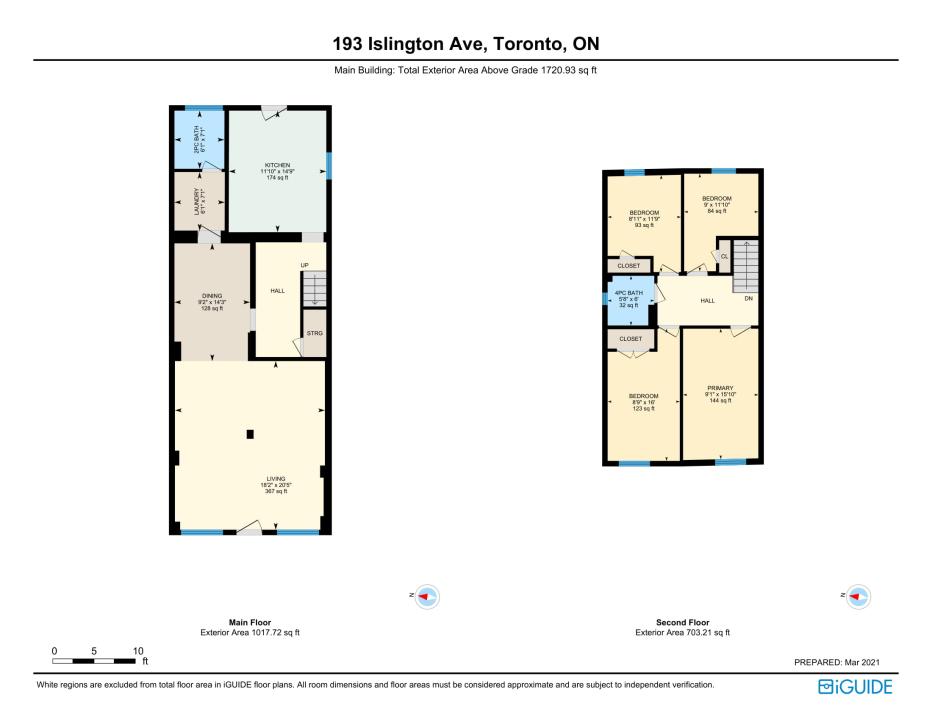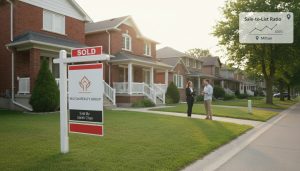Do condos need home inspections too?
Do condos need home inspections too? Short answer: Yes — and skipping one costs buyers more than the inspection fee.
Quick, blunt answer
Condos absolutely need home inspections. A condo inspection is not optional if you want to avoid surprise repair bills, unit defects, or hidden common-element problems that can affect resale value and mortgage approval.
Why a condo inspection matters
Buyers often assume condo living shifts all risk to the condo corporation. That’s false. Many problems start inside your unit and many others start in common elements that quickly impact owners. A proper condo inspection uncovers:
- Unit safety issues: electrical, plumbing, ventilation, water damage, mold.
- Cosmetic vs structural problems: when a cosmetic fix hides a bigger issue.
- Signs of ongoing leaks from balconies, roofs or windows.
- Deficiencies that lenders and insurance companies care about.
Adding a professional condo inspection to your pre-purchase checklist gives you leverage in negotiations and reduces buyer risk.

What inspectors look for in a condominium inspection
A licensed home inspector trained in condos will cover the same core systems as a house inspection—electrical, plumbing, heating, cooling, appliances, and visible structure—plus condo-specific checks:
- Evidence of water intrusion at walls, ceilings, windows and balconies.
- Condition of windows and balcony doors (drainage, seals).
- HVAC and ventilation issues common in stacked units.
- Moisture, mold and insulation problems in concealed spaces.
- Visible signs of building movement or structural strain near joints and balconies.
Tip: Bring your inspector to review any visible mechanical rooms, parking areas or storage spaces you can access—these often reveal building-wide problems.
Check condo documents too
An inspection without reviewing condo documents is incomplete. Ask your realtor to pull the status certificate (Ontario) or condo corporation documents including:
- Reserve fund study and balance.
- Recent meeting minutes and special assessments.
- Insurance policy details and recent claims.
- Planned major repairs or renovations.
A weak reserve fund or repeated special assessments mean future costs for you. Combine document review with a physical inspection for a full risk picture.
How to use the inspection report
A clear inspection report is bargaining power. Use it to:
- Negotiate price or seller repairs.
- Request credits at closing.
- Walk away if the issues exceed your risk tolerance.
If you have a mortgage contingency, make the inspection a condition in your offer.
Bottom line
Condo inspections protect buyers, bankers and insurers. They cost a fraction of what an unexpected repair or special assessment can cost. Treat a condo inspection as essential due diligence—not optional.
Need guidance on inspections, reserve funds, or reading condo documents? Contact local realtor Tony Sousa for fast, no-nonsense advice and referrals to trusted condo inspectors.
Tony Sousa — Local Realtor
Email: tony@sousasells.ca | Phone: 416-477-2620
Website: https://www.sousasells.ca




















